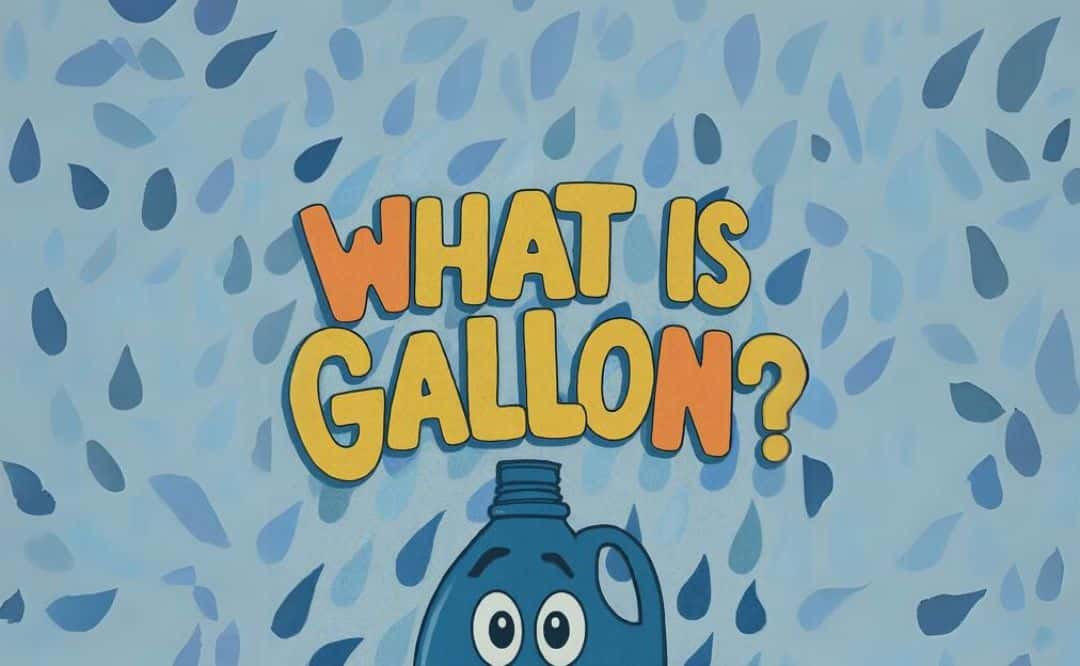Toxicology, traditionally seen as a discipline focused on chemical effects in lab settings, has branched into a number of dynamic career paths. This expansion reflects the growing importance of understanding toxic substances in diverse contexts, from environmental protection to public health. This article talks about the various unique career opportunities within toxicology, extending far beyond the conventional laboratory environment. By exploring these roles, we uncover how toxicologists contribute to different sectors, making significant impacts on society and the environment and showcasing the versatility and scope of this fascinating field.

-
Environmental Toxicologist
Environmental toxicologists play a crucial role in safeguarding our natural world. They study the effects of pollutants and chemicals on ecosystems and wildlife, contributing significantly to environmental conservation and sustainability efforts. In this role, they assess the impact of industrial waste, agricultural chemicals, and other pollutants on the environment. By monitoring and analyzing ecological risks, environmental toxicologists provide essential data that inform policies and practices to protect ecosystems. They work closely with governmental agencies, non-profits, and private companies, ensuring that environmental regulations and standards are based on sound scientific understanding.
-
Forensic Toxicologist
The realm of forensic toxicology is both fascinating and vital to the field of legal investigations. In these toxicologist job roles, professionals analyze biological samples for the presence of toxins, drugs, and other chemicals, providing crucial evidence in criminal and civil cases. Their work often involves collaborating with law enforcement and legal teams, interpreting laboratory results to uncover causes of death or substance abuse. Forensic toxicologists may also be called upon as expert witnesses in court, explaining their findings to judges and juries. This career path combines scientific expertise with the intricacies of legal proceedings, making it a compelling choice for those interested in both science and law.
-
Clinical Toxicologist
Clinical toxicologists are key players in the healthcare sector. They specialize in diagnosing and treating patients exposed to toxic substances, such as overdoses, poisonings, and environmental toxins. Working in hospitals and clinics, they collaborate with physicians, nurses, and other healthcare professionals to provide critical care. Their expertise is not only in treating acute toxic exposures but also in educating the public and healthcare workers about potential hazards and prevention strategies. The role of a clinical toxicologist is pivotal in emergency medicine, as they bring a deep understanding of toxic agents and their effects on the human body.
-
Regulatory Toxicologist
Regulatory toxicologists are essential in shaping health and safety standards. They work within government agencies or industry sectors to develop regulations that protect public health from harmful substances. Their responsibilities include evaluating scientific data on chemicals, drugs, and other products, assessing their safety, and determining permissible exposure levels. They play a critical role in the approval process of new products, ensuring they meet safety standards before reaching the market. Through their work, regulatory toxicologists help to maintain a balance between enabling innovation and safeguarding public health, making them an integral part of policy-making and regulatory processes.
-
Academic Researcher
Academic researchers in toxicology contribute significantly to the advancement of the field. Based in universities and research institutions, these professionals conduct studies to understand how toxic substances interact with living organisms. Their research ranges from basic science exploring mechanisms of toxicity to applied studies addressing current public health challenges. Besides research, they play a vital role in education, teaching the next generation of scientists and toxicologists. Academic researchers often collaborate with industry and government bodies, bridging the gap between scientific discovery and practical application, and their work frequently informs policy, regulation, and best practices in the field.
-
Pharmaceutical Toxicologist
Pharmaceutical toxicologists are integral in the drug development process, ensuring the safety and efficacy of new medications. In this role, they conduct preclinical studies to evaluate potential adverse effects of drug candidates on the human body. This involves meticulous testing and analysis to determine the toxicological profile of substances, dosage levels, and potential interactions. Their expertise guides the decision-making process in the development of new drugs, playing a crucial role in both innovation and patient safety. Pharmaceutical toxicologists work in close collaboration with other scientists and regulatory agencies, ensuring that new medical treatments are not only effective but also safe for public use.
-
Occupational Toxicologist
Occupational toxicologists specialize in understanding and mitigating the risks associated with workplace exposure to hazardous substances. They assess the safety of various chemicals and materials used in industrial and commercial settings and develop strategies to prevent occupational illnesses and injuries. This includes creating safety protocols, conducting risk assessments, and training employees on proper handling of toxic materials. Occupational toxicologists often collaborate with employers, safety officers, and regulatory bodies to ensure workplace environments comply with health and safety standards. Their work is essential in creating safer work environments, reducing the risk of exposure to harmful substances, and promoting the health and well-being of workers.
-
Toxicology Consultant
Toxicology consultants offer their expertise to a wide range of industries, including pharmaceuticals, environmental agencies, and consumer goods companies. They provide critical insights on the safety and risk assessment of products, chemicals, and environmental factors. As consultants, they may advise on regulatory compliance, develop safety protocols, or conduct independent toxicological assessments. Their role often involves collaborating with research teams, legal professionals, and policy-makers, offering guidance on the complex interplay between toxicology and public health. Toxicology consultants must stay abreast of the latest scientific developments and regulatory changes, ensuring their advice is both current and relevant to their client’s needs. Also Read – How To Pursue A Real Estate Career With A Marketing Degree
-
Consumer Safety Officer
Consumer safety officers play a vital role in protecting public health by ensuring that products, especially those related to food, pharmaceuticals, and consumer goods, are safe for use. They conduct inspections, review product labeling, and assess compliance with safety regulations. Their work involves investigating complaints or incidents related to product safety, and they may be involved in enforcing actions against non-compliant products. Consumer safety officers serve as a critical link between the public, industry, and regulatory agencies, working to prevent harm from unsafe products and practices. Their commitment to consumer safety helps maintain public confidence in the products they use daily.
-
Toxicology Writer and Communicator
Toxicology writers and communicators play a unique role in translating complex scientific information into accessible language for a broader audience. They may write articles, create educational materials, or develop communication strategies for public health campaigns. This role is crucial in raising awareness about toxicological issues, informing policy decisions, and educating the public on safety and prevention strategies. Toxicology communicators work in various settings, including media outlets, educational institutions, and non-profit organizations. Their ability to effectively convey scientific knowledge is essential in fostering a well-informed public and influencing positive changes in health and safety practices.
Conclusion
The field of toxicology offers a diverse array of career paths, each contributing significantly to different aspects of public health, safety, and environmental protection. From the precision of pharmaceutical toxicology to the impactful role of consumer safety officers, these careers demonstrate the broad scope and critical importance of toxicology in modern society. For those considering a career in this field, the opportunities are vast and varied, promising a rewarding professional journey. Toxicologists not only contribute to scientific advancements but also play a pivotal role in safeguarding communities and the environment, making it a fulfilling and impactful career choice.




